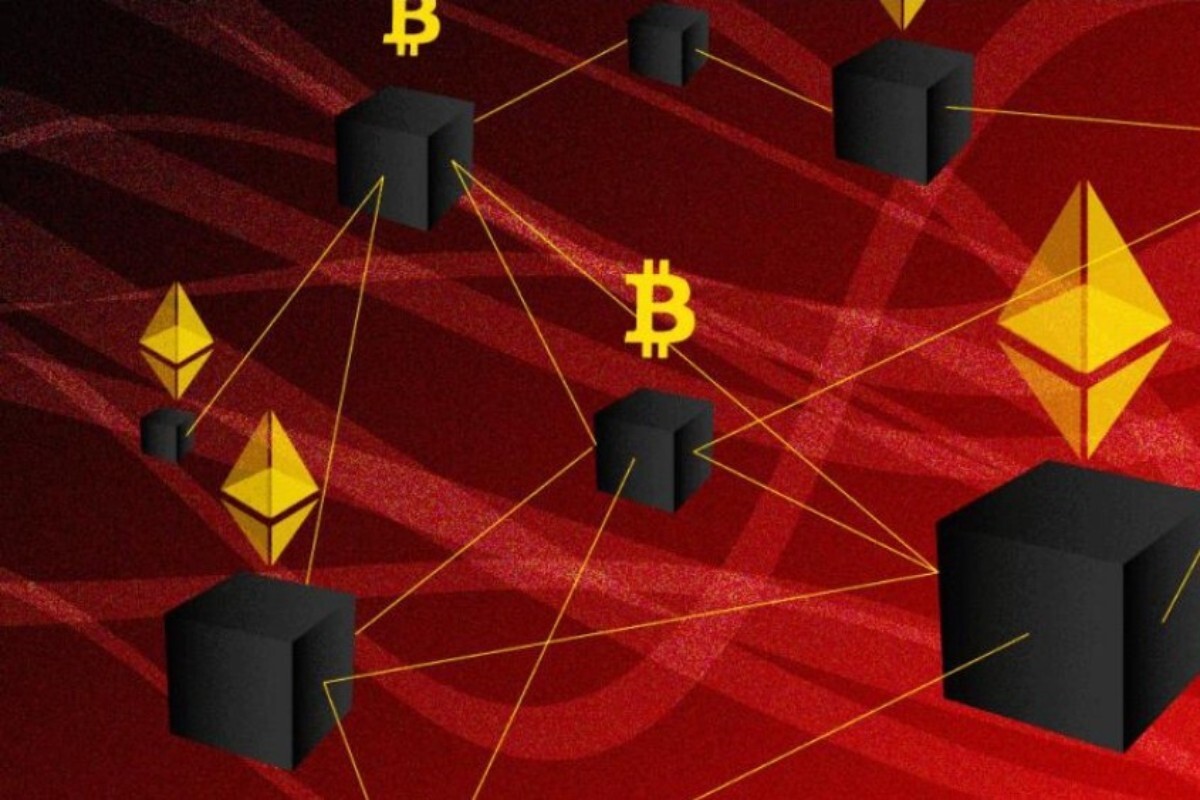Recently, Galaxy Research submitted a new proposal to the Solana community to reform the network's inflation governance discussions through an approach called Multiple Election Staking Weight Aggregation (MESA). The mechanism attempts to introduce a market-driven process that optimizes the SOL emission curve without relying on a single result voting. The proposed approach will not change Solana’s ultimate goal of achieving the 1.5% final inflation rate, but based on the results of the community vote, the timeline for achieving that goal could be significantly shortened. According to Galaxy's forecast, if the current deflation rate of 15% is maintained, the network will reach its final inflation rate at epoch 2,135. Increasing the deflation rate will advance this time point. In the current Solana system, inflation follows a fixed, time-dependent curve with the goal of achieving a final inflation rate of 1.5%. However, Galaxy noted that previous votes showed that despite the widespread perception that inflation is higher than necessary, consensus on adjusting parameters faces challenges. Galaxy’s new proposal provides an alternative to let validators choose from multiple pre-determined deflation rates, and the results are determined by the weighted average of these votes. MESA votes will not dynamically adjust inflation based on real-time indicators, but will enforce a fixed anti-inflation trajectory, which, once approved, will be adjusted based on the collective opinion of the validator. It is reported that the inspiration for this mechanism was derived from previous proposal SIMD-228. Although the community generally supports lowering SOL inflation, the proposal failed to pass due to the difficulty of reaching consensus on specific parameters by the binary voting mechanism.
Galaxy proposes MESA consensus approach to address Solana inflation governance issues
DisclaimerAll content on this website, hyperlinks, related applications, forums, blog media accounts, and other platforms published by users are sourced from third-party platforms and platform users. BiJieWang makes no warranties of any kind regarding the website and its content. All blockchain-related data and other content on the website are for user learning and research purposes only, and do not constitute investment, legal, or any other professional advice. Any content published by BiJieWang users or other third-party platforms is the sole responsibility of the individual, and has nothing to do with BiJieWang. BiJieWang is not responsible for any losses arising from the use of information on this website. You should use the related data and content with caution and bear all risks associated with it. We strongly recommend that you independently research, review, analyze, and verify the content.
Open the app to read more news
















No comments yet